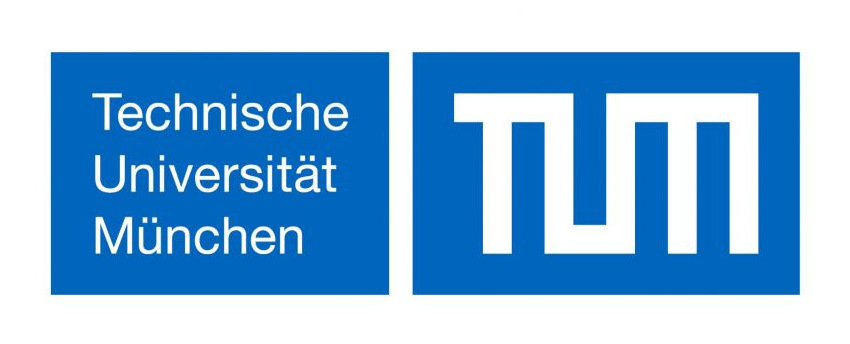
Reto Achermann
Assistant Professor
Systems Research Group
TUM School of Computation, Information and Technology
Formalizing Memory Accesses and Interrupts
Authors
Reto Achermann, Lukas Humbel, David Cock and Timothy Roscoe
Venue
Proceedings 2nd Workshop on Models for Formal Analysis of Real Systems (MARS'17)
Links
Abstract
The hardware/software boundary in modern heterogeneous multicore computers is increasingly complex, and diverse across different platforms. A single memory access by a core or DMA engine traverses multiple hardware translation and caching steps, and the destination memory cell or register often appears at different physical addresses for different cores. Interrupts pass through a complex topology of interrupt controllers and remappers before delivery to one or more cores, each with specific constraints on their configurations. System software must not only correctly understand the specific hardware at hand, but also configure it appropriately at runtime. We propose a formal model of address spaces and resources in a system that allows us to express and verify invariants of the system's runtime configuration, and illustrate (and motivate) it with several real platforms we have encountered in the process of OS implementation.
Bibtex
@inproceedings{Achermann:2017:FMA,
author = {Reto Achermann and Lukas Humbel and David Cock and Timothy Roscoe},
booktitle = {Proceedings 2nd Workshop on Models for Formal Analysis of Real Systems},
doi = {10.4204/EPTCS.244.4},
id = {Achermann:2017:FMA},
location = {Uppsala, Sweden},
pages = {66--116},
publisher = {Electronic Proceedings in Theoretical Computer Science},
series = {MARS'17},
title = {Formalizing Memory Accesses and Interrupts},
url = {https://doi.org/10.4204/EPTCS.244.4},
year = {2017}
}
Prof. Reto Achermann
I01: Chair of Distributed Systems and Operating Systems (aka Systems Research Group)
1st Floor, 7th Finger
School of Computation, Information, and Technology (CIT)
Technical University of Munich (TUM)
Boltzmannstr. 3
85748 Garching bei München
Germany
firstname.lastname [at] cit.tum.de


